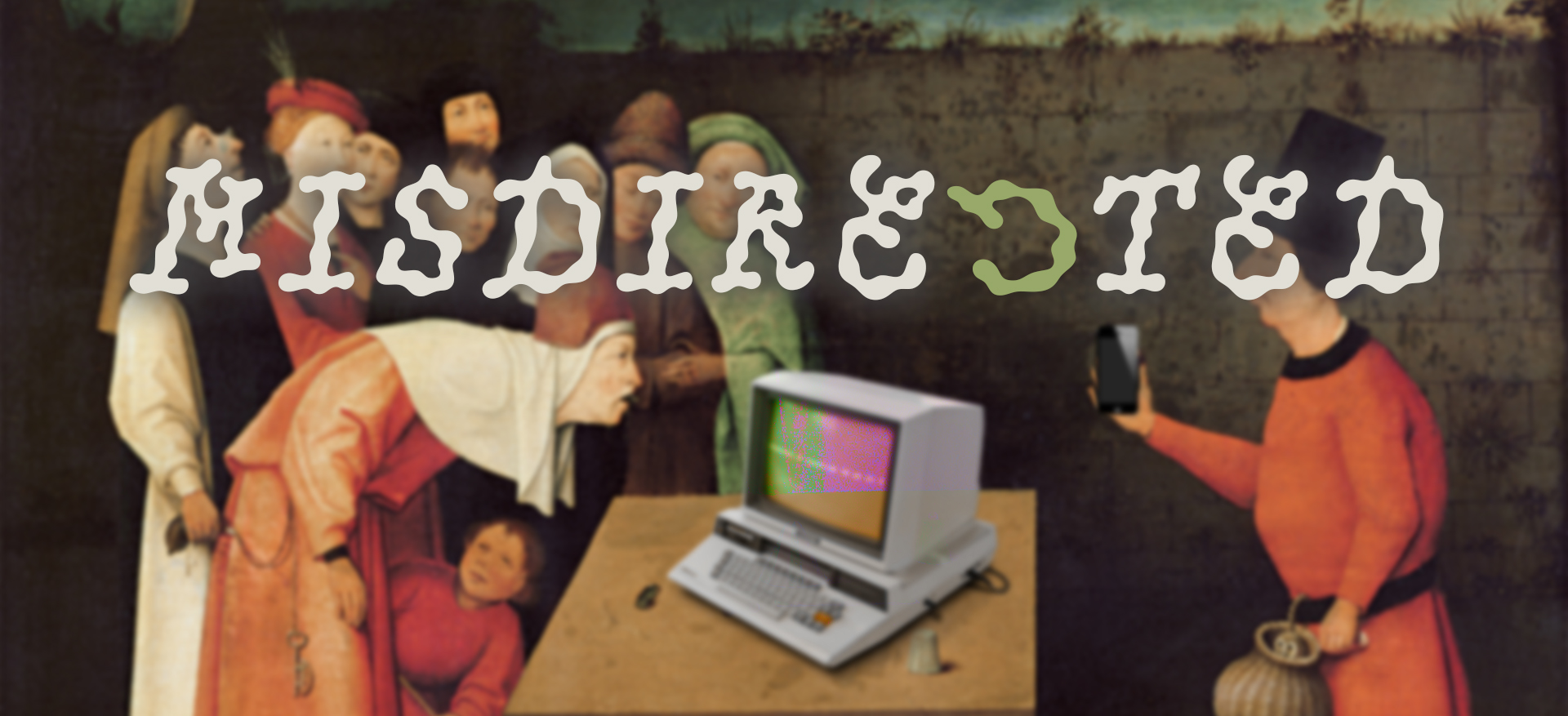A Research Project About Moral Responsibility, Allyship and the Power of the Words We Choose
I’ve been called a Gutmensch more times than I can count. And yes, I am aware of the fact that, usually, this is not a compliment. Honestly, I don’t care. It happens to be my aim to contribute to a society where everyone, regardless of their gender, sexual orientation & preference, skin color, physical & mental health, religion, age and financial situation, is treated equally. We’re all human. And when you challenge norms, those who are favored by those norms, are usually not that amused.
‘You’re not allowed to say anything anymore these days’ they say. Well, actually, yes you are. In fact, you can say anything you want. You just have to deal with the consequences when someone does not agree with you. That’s the beauty of freedom of speech. It’s within my right to speak up when I see injustice too.
Jumping into the digital public sphere and joining various discussions with strangers, made me realize that the space for moral judgement right now seems to be the online public arena. On social media, companies and individuals are publicly being called out on their behavior non-stop and people who have never met before get into heated discussions on a daily basis. Let’s not play this down though, saying that verbal aggression and (death) threats are common is an understatement. There seems to be a trend of people disagreeing with each other online, instead of people finding common ground.
I want to know. How can I best be an ally for oppressed groups that I am not part of myself ? What blind spots do I still have, that are caused by my privilege? As Audre Lorde writes in Your Silence Will Not Protect You, it’s a struggle ‘to make common cause with those others identified as outside the structures in order to define and seek a world in which we can all flourish’ – it’s intersectionality (and fluidity) I strive for. I want to know, when do I channel my rage for social change, as Soraya Chemaly encourages in Rage Becomes Her, and speak up, and when is it not my place to do so? Where is the line between allyship and performative allyship when joining the conversation about social justice issues in the public sphere (either as an individual or a company)?
I want to know. Can a (cultural) institution be held morally accountable on social media and what happens when an oppressed group publicly tries to do so? Is it a witch-hunt or is justice finally being triumphed? I want to know, comparable to what Eric W. Orts and N. Craig Smith research in The Moral Responsibility of Firms, where the responsibility lies; the institution or the people working in that institution? And what is the moral responsibility of the group that is ‘calling out’? And what happens when those expectations clash?
I want to know. How can the words journalist, policy makers, researchers, politicians and social media commenters choose show solidarity to oppressed groups? As Michel Foucault puts it in The Order of Things, human language is a demonstration of the human mind which slowly changes through time and through cultural exchange, just like the cycle of human beliefs. I want to know what words cause polarization and inequality and what words actively change the position of those groups in society and create more unity? Much like Jacques Derrida, I reject the binary structure in language and believe it to be much more nuanced than one simple signifier/signified construction. I want to know what words are most suitable to portray the complex contexts of the subjects they portray to be truly inclusive in the online public sphere.
And also, I want to know how I can be activist through my own research, without tone policing myself, in a constructive and effective way. Because I don’t want to just be ‘that annoying Gutmensch’ on a high horse and say what I believe to be ‘the right thing’ to be able to sleep at night. The last thing I want is to is to be condescending or to patronize. I’m trying to figure out how the world works myself. Instead of causing even more polarization, I want to stimulate mutual compassion. Stimulate conversations, where we try to understand each other’s context before judging. I would love to live in a society where there is no more patriarchy and humanity has become a binding factor for people and differences are celebrated.
Naïve? Maybe. Unrealistic? Perhaps. More important than ever? I think so.


